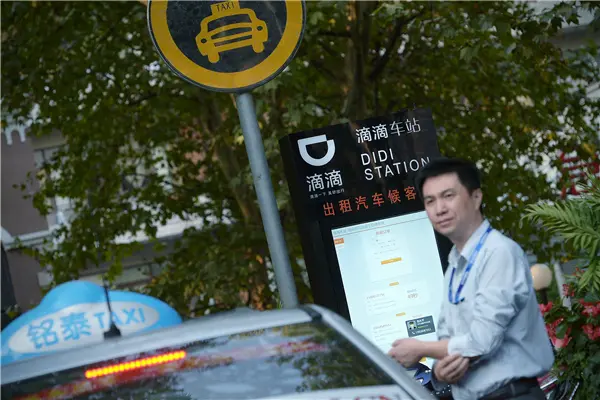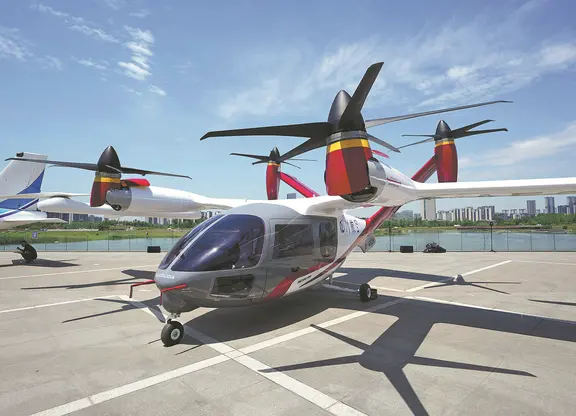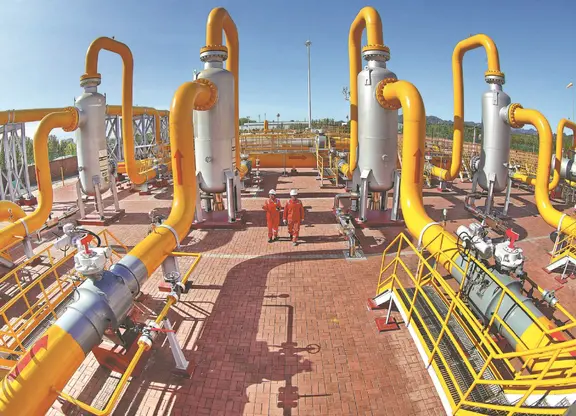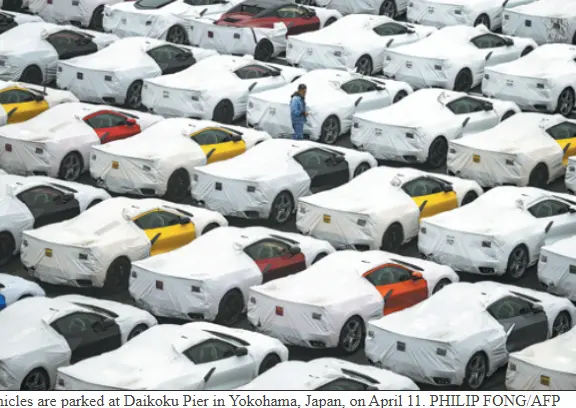With more internet users than any other country and a fast-rising middle class, China is one of the most sought-after markets in the world.
Recent fund-raising rounds in the ride-sharing market show it is also one of the most expensive.
The Chinese car-hailing app Didi Chuxing said on Thursday that it had brought in $7.3 billion in its latest round of fund-raising, which included Apple, Alibaba, and SoftBank as investors. The new funds give the company a total of $10.5 billion in disposable funds, and put its valuation at $28 billion, according to a person familiar with the fund-raising.
That Didi’s valuation is now almost half that of the $62.5 billion valuation of its main rival in China, Uber, shows how much potential investors see in China. Yet the size of the cash infusions also underscores the market’s difficulties.
In part because of China’s widespread blocking of foreign websites, the competition between Uber and Didi marks the first time in recent history a major foreign tech company has vied so intensely with a local Chinese business.
In other markets the contest over ride-sharing has focused on regulation and technology, but in China it has been much more about cash, with the two companies spending billions. The most recent round has also pulled in Apple, pitting America’s biggest tech company against America’s best-known start-up, Uber, in a tricky Chinese market. Both see China as critical to growth.
The fund-raising comes as executives from Didi and Uber have signaled that they are focusing on profitability in China.
Although Didi has attracted investment from some of the largest technology companies in the world, Uber has vowed to plow profits from other markets into China, and this monthannounced$3.5 billion in new moneyfrom Saudi Arabia’ssovereign wealth fund.
Uber gained first-mover advantage byintroducing its business model, which relies on enlisting drivers to shuttle around passengers, complementing it with big subsidies. Didi quickly responded with its own service, offering similarly big inducements.
Since then both companies have been locked in a spending war. Though it has primarily taken the form of subsidies, both companies have also tried to develop technology specific to China, and have actively wooed both local and national government officials.
Didi has focused on technology that better predicts car arrival times, given China’s unruly traffic, while Uber has developed a commute function that links drivers with riders based on where they live and work.
Although both companies have said they plan to dial back spending, the new war chests accumulated by each may make that hard. Didi has said it is profitable in half of the 400 cities it operates in, while Uber has said it is spending a quarter what it was spending per ride in China last year and providing four times as many rides.
Uber continues to press Didi in smaller cities. Uber said in a recent news release it is now in 60 Chinese cities, and in Zhengzhou, a provincial capital in central China, Uber said it hit a million trips less than a month after it entered in late May.
In its statement Didi said it had procured $4.5 billion in equity investment from Apple, China Life, Ant Financial and other existing shareholders like SoftBank, Tencent and Alibaba. China Merchants Bank offered a syndicated loan of up to $2.5 billion as a part of the fund-raising, and China Life offered $300 million as a long-term debt investment.
(THE NEW YORK TIMES)
 简体中文
简体中文














